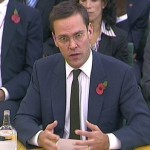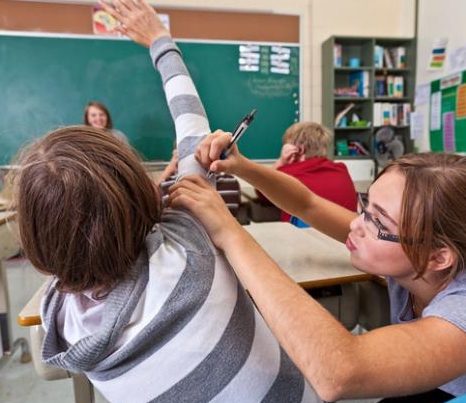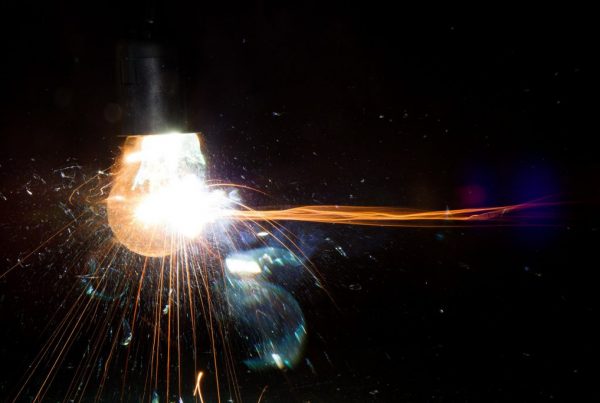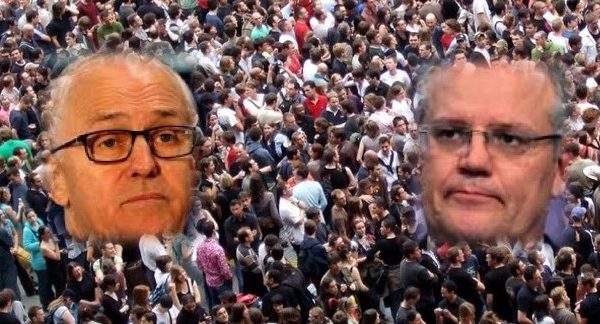In previous blogs we’ve written that James’ integrity is one of the fail-points in this drama. There is a truism in Crisis Public Relations that applies to all communications – but in a crisis the intense media scrutiny is more likely to expose it:
– always tell the truth –
If Crisis PR is executed properly, eventually honest people are seen as honest and dishonest people are exposed. We can go one step further: in our experience people who are not across the detail, or do not have their safety standards up to scratch, or are complacent on governance, or are slow to respond, will be been seen as dishonest.
People jump to conclusions.
Many people are now distrustful of son, James. You can read from the below New York Times (NYT) extract that it’s possible, according to the paper, he didn’t pay attention to the detail, or that he’s decided the details are better forgotten. Not across the detail? Not truthful? Both damaging.
The comments from NYT readers, at the bottom of the article are damning:
– Looks like he is just digging a deeper hole.
– Having just watched his testimony, I had the impression he was diligent in the past not to be too curious about News Intl wrongdoing, in order to give himself future plausible deniability.
What we have found in a crisis is that spokespeople’s values are truly tested, which is why we isolate as a core asset of failing when we describe ‘‘leadership’ as one of the tactical fail-points. But this flaw in leadership often only emerges under pressure. Most organisations don’t force a CEO into the level of introspection that is required in a crisis, such as in court, or an intense interview, or a parliamentary inquiry.
James Murdoch Denies Misleading Parliamentary Panel
By SARAH LYALL
Published: November 10, 2011
LONDON — Nothing rattled James Murdoch. Not being compared to the Mafia boss of a criminal enterprise run on fear and omertà. Not being accused of being willfully blind, shockingly incurious or curiously casual about his corporation’s money.
Mr. Murdoch spoke to British lawmakers on Thursday.
During two and a half hours of forensic, skeptical and even rude questioning from a parliamentary panel on Thursday, Mr. Murdoch, the 38-year-old deputy chief operating officer of News Corporation, never wavered from his original account: that he had learned only recently that phone hacking had been widespread at the company’s tabloid News of the World, now defunct.
He said he had never misled the committee in earlier testimony in July. And he all but accused two former underlings, whose accounts directly contradicted his, of lying about it.
Much was riding on how Mr. Murdoch handled the lawmakers’ questioning, including his personal credibility and the health of the News Corporation media empire. The hacking scandal has tarnished the company, forced it to summarily shut down a newspaper, scuttled its $12 billion bid to acquire the satellite giant British Sky Broadcasting, destroyed its symbiotic relationship with Britain’s political establishment, and added to the strains between Mr. Murdoch and his father, Rupert, the company’s chairman.
At least 16 former employees have been arrested, including two former editors of The News of the World. (None has yet been charged.) A number of executives, including Les Hinton, publisher of The Wall Street Journal and chief executive of Dow Jones, have resigned.
Throughout his appearance before the panel, the House of Commons’ committee on culture, media and sport, a calm and confident Mr. Murdoch sought to portray hacking as a problem of the past and something that had forced the company to re-evaluate its practices.
“It is a matter of great regret that things went wrong,” he said. Mr. Murdoch said he had first been made aware of an unresolved hacking problem in the spring of 2008, when he was briefly executive chairman of News International, News Corporation’s British newspaper arm. That was when company executives asked for his approval to settle a case with Gordon Taylor, chief executive of the Professional Footballers’ Association, who had accused The News of the World of hacking his phone.
The executives had in their possession several pieces of internal evidence showing that Mr. Taylor was right, and that phone hacking at The News of the World was not limited to one reporter or one incident, as the company would later publicly and repeatedly assert. But Mr. Murdoch said that no one showed any evidence to him, even as he was urged to approve a large payment to Mr. Taylor.
“None of these things were made available to me or discussed with me,” he said. “I was given sufficient information to authorize an increase in the settlement offer. But I was given no more than that.”
His assertion directly contradicted the testimony of two former executives— Colin Myler, then the editor of The News of the World, and Tom Crone, then News International’s chief legal officer. The pair contacted the committee in July, after Mr. Murdoch’s initial testimony, to say that he had not told the truth. They had indeed, they asserted, told him about an incendiary piece of evidence, the “for Neville” e-mail (a reference to Neville Thurlbeck, the chief reporter for The News of the World) that contained transcripts of hacked conversations and proved that hacking had gone beyond a single journalist.
Mr. Murdoch said that although he was told the e-mail existed — a shift from his previous testimony, when he claimed never to have heard of it — no one had shown it to him or explained its significance.
“I believe their testimony was misleading, and I dispute it,” he said of Mr. Myler’s and Mr. Crone’s statements.





